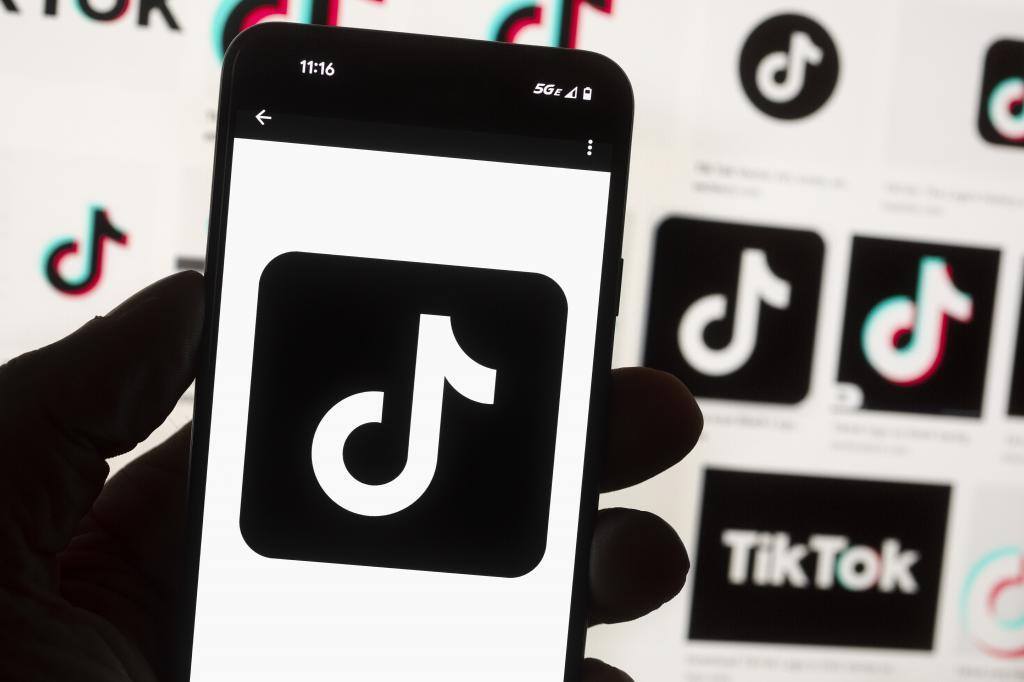What You Need to Know About TikTok's U.S. Future

The Uncertain Future of TikTok in the United States
President Donald Trump has once again hinted at a potential deal regarding TikTok, but without providing specific details. Less than a month after extending the deadline to ban the social media platform for the third time, he told reporters late Friday night that, "We pretty much have a deal." However, the specifics and timing of this agreement remain unclear.
TikTok has not yet responded to requests for comment on Monday, leaving many questions unanswered. Analysts like Jeremy Goldman from Emarketer suggest that if TikTok is to comply with legal restrictions, it may need to launch a U.S.-specific version of its app. However, this could come at a cost—without the original algorithm that drives user engagement, the platform might lose its unique appeal.
"Getting millions to download a new app is no small feat," Goldman noted, highlighting the challenges TikTok faces in maintaining its user base while adhering to new regulations.
Legal Challenges and Political Pressure
Despite lacking a clear legal basis, Trump has continued to extend the deadline for TikTok to avoid a ban in the U.S. This gives his administration more time to negotiate a deal that would bring the platform under American ownership. It remains uncertain how many more times Trump can or will extend the deadline as the government works to finalize an agreement.
TikTok is owned by China's ByteDance, and the situation has sparked significant debate. While there have been no legal challenges against the administration so far, the lack of a solid legal foundation raises concerns about the legitimacy of the process.
Trump has amassed over 15 million followers on TikTok since joining the platform last year. He has credited the app with helping him gain traction among young voters, even expressing a "warm spot for TikTok" in January.
Continued Operations and Tech Support
For now, TikTok continues to operate for its 170 million users in the U.S. Major tech companies such as Apple, Google, and Oracle have agreed to continue offering and supporting the app, under the assurance that the Justice Department will not pursue steep fines against them.
Public opinion on TikTok remains divided. A recent Pew Research Center survey found that about one-third of Americans support a ban, down from 50% in March 2023. Another third oppose a ban, while a similar percentage remain undecided.
Among those who support a ban, concerns over data security are a major factor. About 80% of supporters cited risks to user data as their primary reason for opposing the app.
International Negotiations and Potential Buyers
Trump mentioned that the U.S. would present the proposal to Chinese leader Xi Jinping or one of his representatives on Monday or Tuesday. He expressed uncertainty about whether China needs to approve the deal, stating, "I'm not confident but I think so."
He also emphasized the financial benefits for the U.S., saying, "We make a lot of money if the deal goes through." Meanwhile, the Chinese embassy in Washington reiterated its principled position, stating that it has no new information to share and will handle relevant issues according to Chinese laws and regulations.
Several potential bidders have emerged in recent months. Vice President JD Vance, tasked with overseeing the deal, has reached out to various parties, including artificial intelligence startup Perplexity AI. In January, Perplexity proposed a merger with TikTok's U.S. operation.
Other possible buyers include a consortium led by billionaire Frank McCourt, which has recruited Reddit co-founder Alexis Ohanian as a strategic adviser. Investors in the group claim they have offered $20 billion in cash for TikTok's U.S. platform, with plans to redesign the app using blockchain technology to give users more control over their data.
Oracle and Blackstone are also among the potential investors, though neither company has commented on the matter.
Ongoing Uncertainty
As the situation unfolds, the future of TikTok in the U.S. remains uncertain. With political pressure, legal challenges, and international negotiations all playing a role, the outcome of the deal could have far-reaching implications for both the platform and its users.
Post a Comment for "What You Need to Know About TikTok's U.S. Future"
Post a Comment